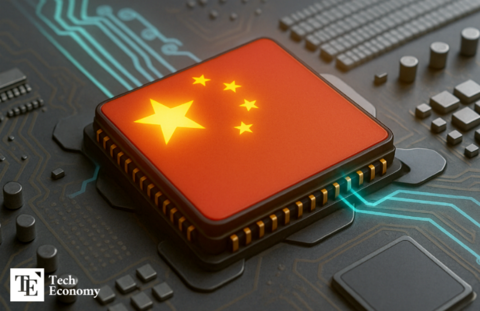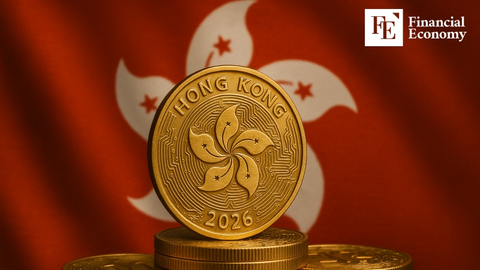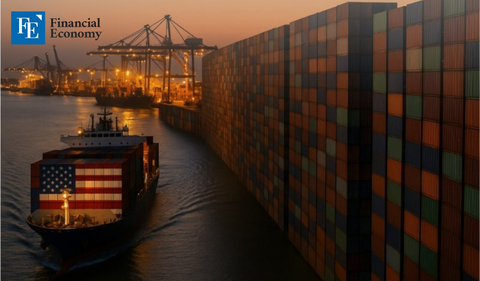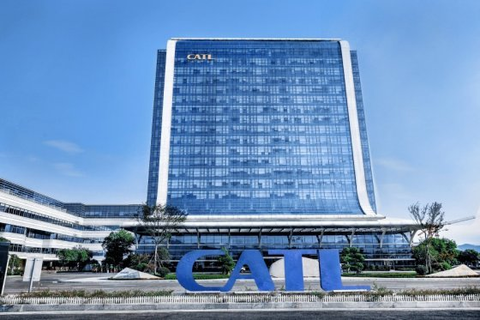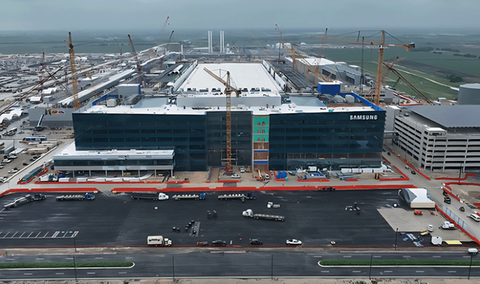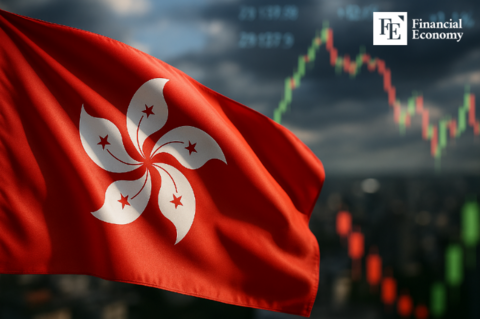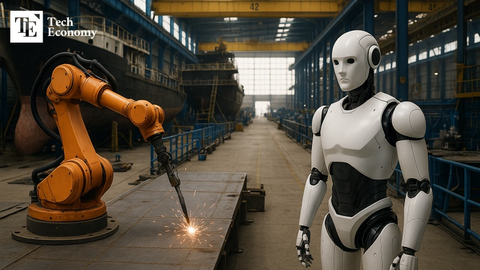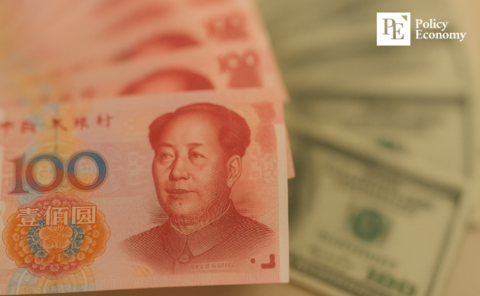Input
Changed
$7 Billion Withdrawal Amid Last Year’s Industry Downturn Expanded Necessity from Tesla and Apple Orders Possibility of Total Investment Exceeding $50 Billion
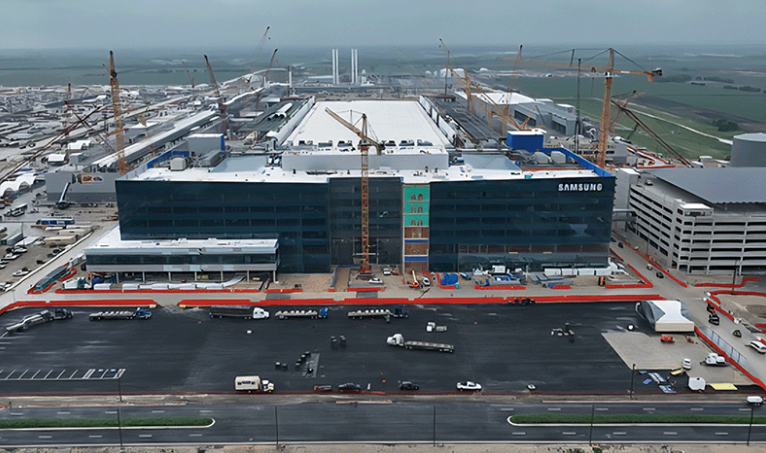
With the upcoming South Korea–U.S. summit on the 25th expected to place artificial intelligence (AI) semiconductors high on the agenda, Samsung Electronics is conducting final reviews of its additional investment plans in the United States. The company has secured substantial orders from major tech clients such as Tesla and Apple, and is now seriously considering expanding its U.S. investments, including reinstating the $7 billion advanced packaging facility that was omitted from its plans late last year.
Additional Review of U.S. Facility Investment
According to the semiconductor industry on the 12th, Samsung Electronics had initially planned to invest $44 billion (approximately 61 trillion won) in its foundry plant in Taylor, Texas. However, amid poor earnings last year, it scaled the figure back to $37 billion (approximately 51 trillion won) as part of an investment slowdown. The original plan encompassed a 4-nanometer (nm) and 2nm foundry plant, an advanced packaging facility, and an advanced technology R&D center. Yet, due to difficulties securing clients at the time, the entire $7 billion (approximately 9 trillion won) allocation for the advanced packaging facility was cut.
That situation shifted rapidly after Samsung signed a $16.5 billion (approximately 23 trillion won) AI semiconductor supply contract with Tesla on the 28th of last month, followed within ten days by an order for Apple’s CMOS image sensors (CIS). This has sharply increased the need to construct an advanced packaging plant. To avoid U.S. tariff pressures, both the manufacturing of core chips and post-processing must be completed domestically. The turnkey service—integrating memory, foundry, and packaging—was also one of Samsung’s key selling points in securing big tech clients.
2nm Process for Tesla AI Chips and Apple Image Sensors
Beyond packaging, investment is also expected to rise in equipment and materials. As of the end of the first quarter this year, construction progress at the Taylor Fab 1 plant stood at 91.8%, with completion scheduled for late October. Samsung plans to finalize cleanroom installation by year-end and begin bringing in semiconductor production equipment next year. A senior executive at a supplier of semiconductor materials to the Taylor plant noted, “We understand discussions are underway to expand supply in anticipation of increased local investment.”
In Tesla’s case, there is potential for orders beyond the disclosed amount, which could lead to further investment in equipment and materials. Tesla CEO Elon Musk stated last month regarding the foundry contract with Samsung, “The $16.5 billion figure is merely a minimum,” adding, “Actual production volume could be several times higher.” This suggests the contract could expand beyond automotive chips to include AI semiconductors for supercomputers and a broad range of electronic and electrical systems.
Samsung Electronics also remarked in last month’s earnings release, “This year’s Taylor Fab investment will proceed within the existing Capex plan, but we expect an increase next year compared to this year.” According to an industry source, “Including the additional investment for the packaging plant, Samsung’s Taylor plant investment could surpass $50 billion (approximately 70 trillion won).” The contract with Tesla runs until December 31, 2033, during which Samsung will produce Tesla’s next-generation AI semiconductors at the Taylor plant. Global investment bank Macquarie estimates this deal could generate annual revenue of approximately $2.9 billion, with peak annual revenue reaching $5 billion.
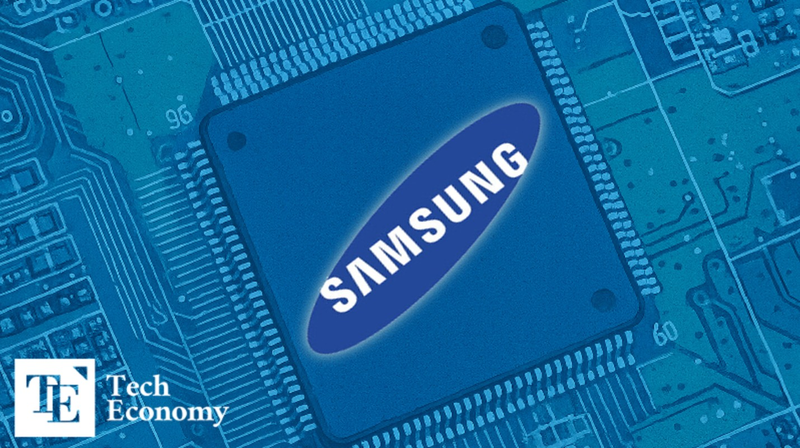
New 2nm Production Line and Packaging Plant
Meanwhile, Samsung plans to expand investment in its cutting-edge 2nm production line and dedicated advanced packaging facilities. The 2nm process—set for commercialization in the latter half of this year—is among the most advanced foundry technologies in the world, with only Samsung Electronics and TSMC capable of mass production. As early as next year, Tesla’s next-generation AI chip, “AI6,” is expected to roll off the production line at the Taylor plant, likely using the 2nm process.
Until now, major tech firms have largely entrusted their most advanced chip production to TSMC. However, TSMC’s new Arizona plant, with an investment of up to $300 billion (approximately 416 trillion won), will not adopt the 2nm process until around 2028. In contrast, TSMC will introduce the 2nm process at its Taiwan plant in the latter half of this year—over two years earlier than in the U.S. Even then, only 30% of total production volume will be allocated to the U.S. plant. This stands in contrast to Samsung Foundry’s plan to establish nanometer-class production lines at both its Hwaseong campus and the Taylor plant within a similar timeframe.
This divergence also runs counter to the U.S. government’s strategy to onshore advanced semiconductor manufacturing. Musk underscored the geopolitical importance of the deal last month, saying, “Its strategic importance cannot be overstated.” With Washington pushing hard for domestic semiconductor procurement, Samsung’s value proposition has grown stronger, especially as few chipmakers maintain U.S.-based production facilities. Some in the industry even speculate that Qualcomm could shift part of its cutting-edge chip orders from TSMC to Samsung for the same reason.

